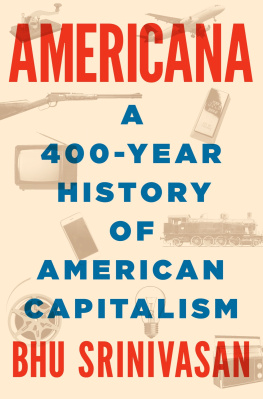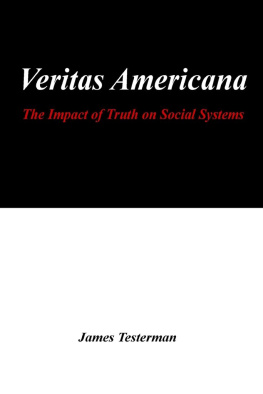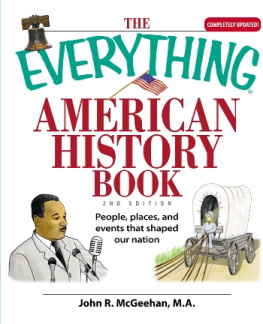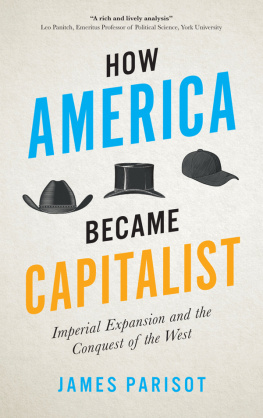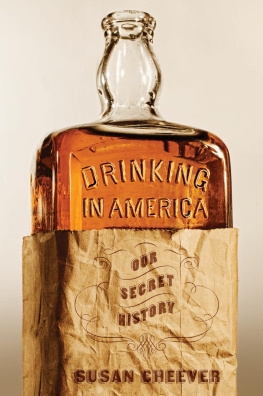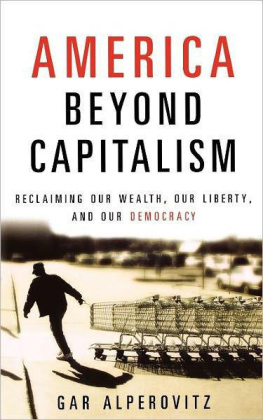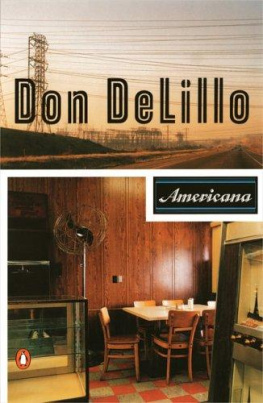PENGUIN PRESS
An imprint of Penguin Random House LLC
375 Hudson Street
New York, New York 10014
penguin.com
Copyright 2017 by Bhu Srinivasan
Penguin supports copyright. Copyright fuels creativity, encourages diverse voices, promotes free speech, and creates a vibrant culture. Thank you for buying an authorized edition of this book and for complying with copyright laws by not reproducing, scanning, or distributing any part of it in any form without permission. You are supporting writers and allowing Penguin to continue to publish books for every reader.
Illustration credits
: Library of Congress
: Andy Freeberg / Premium Archive / Getty Images
ISBN 9780399563799 (hardcover)
ISBN 9780399563805 (ebook)
Version_1
For Dina
CONTENTS
Introduction
W hen the free toy packs were being given out to children on our Air India flight that day, I was preoccupied by the sight of the deformed feet of the woman two rows in front of us. I paced the aisle back and forth to glimpse and understand how such a thing was possible. Most startlingly, her feet were an entirely different skin color than her face. Only years later would I realize that this was the visual effect of translucent womens stockings and not a mysterious Western malady that caused toes to be webbed together. But while I was fully entertained by the curiosities of my first plane tripa one-way journey to Americamy mother was anxious, quietly reciting the verses of a Hindu mantra to calm her nerves. Thirty-four years old at the time, with a doctorate in physics, she was by training and temperament a believer in rationality. But she was about to enter America with two children who didnt have proper papers, a prospect that led even her to prayer. Such was the power of the Immigration and Naturalization Services of the United States of America. At the time, some latitude existed, which allowed women traveling on work visas to bring young children without their own passports, provided that additional visas were stamped on the mothers passport. But my brother and I didnt have visas. My mother hoped to get us by on a technicality: Her visa had said persons rather than person, and she planned to plead and argue that the errant s meant all three of us. So for the entirety of our nearly twenty-four-hour journey, the uncertainty of our fate consumed her. If we were not allowed in, it likely would have ended the years of preparation, sacrifice, and savings that had gone into our American dream.
That we were dreaming of America in the first place was the result of a national tragedy. India, a poor country with hundreds of millions of people one or two steps removed from starvation, had gone to great expense to educate doctors, engineers, and scientists. Yet somehow this investment had turned the country into a third-world finishing school to provide the first world with talent. The educated began leaving India. They werent searching for freedom or fleeing persecutionIndia was, and is, the largest democracy in the world. No, for decades, Indians, like millions of others, had been drawn to the dividends of American capitalism, not the liberties of its constitution. We were economic refugees.
In India, despite two college-educated parents, the sorts of goods that even poor Americans of the early 80s took for grantedthe telephone, television, even refrigerationhad eluded us. An automobile, nearly as common to American adults as social security numbers, was unthinkable for us. In 1982, when we had finally saved enough for a refrigerator, it was delivered by oxcartan indignity that I felt even as a child, especially because I had waited and hoped for some time to see a delivery truck. But we didnt need to endure this imbalance for long, this lack of purchasing power stemming from being on the wrong side of the wealth of nations. With the proper application of ambition, my mother could convert her education into a global currency, regardless of how illiquid it was in India. Ambition in this case meant the willingness to leave behind ones homeland, culture, family, and large parts of self-identity. This has always been the immigrants price of admission.
After years of applying, my mother was offered a post-doctorate position at Roswell Park Memorial Institute in Buffalo, New York. We learned she would be entitled to $14,000 per year. According to my calculations, we were rich. But to unlock and access such largesse, we needed to borrow the money for exactly one one-way ticket to America for my mother. With generosity (and a modest amount of interest), my fathers oldest brother was able to give us the loan. It was then arranged that my fathers mother would look after my younger brother and me. After an overnight train from Madurai, deep in South India, we made our way to coastal Madras to send my mother off on her first plane trip. We didnt quite know how long she would be gone, but we soon began to receive her letters. Within months, one of them had the magic words. We, too, the children, would be going to America. She would be coming to get us. But my visaless father would have to stay behind. No technicalities would get him through immigration.
When we landed after our multileg flight at Kennedy Airport, it seemed that my mothers in-flight prayers had worked. We were allowed in. But one more adjustment was required of me. While my mother and four-year-old brother raced to another terminal to catch a flight to Buffalo, I was greeted by my aunt, whom I was to live with in Virginia. I had met her only once when she had made a trip to India. Visiting relatives from America were generally received as dignitaries, so my memory of her was seeded more by her reputation than familiarity. Having been settled here for years, with children my age, she provided a far better introduction to America than my mother would have been able to.
This was evident just days later on Halloween, when I was asked to put on face paint and a wig and knock on neighbors doors, carrying a bag. Had I lived in India, that October day in 1984 would have been one of significant tumult as Indira Gandhi, the prime minister, had just been assassinated by her own bodyguards. Instead I was getting the types of chocolatesfor free!that I had tasted perhaps three or four times in my entire life. What else had I been unaware of? Not too many days later, the American election took placemy cousin was quite perturbed by a rumor that Walter Mondale was going to eliminate summer vacations. This immediately made me a single-issue Reagan supporter. I was also unaware in all of my endless daydreams and imaginations of America that anyone other than whites, and a few well-liked Indians of both varieties, lived here. For the first few days, I wondered what all these African immigrants, who seemed to know quite a lot about America, were doing around me.
Months later, during the school year, I was reunited with my mother in Buffalo. Shaped by my parents hopes and their need to prepare me for the necessary sacrifices ahead, I was made a believer in America years before I set foot on its soil. And every step, I now believed, was a step toward betterment, each alteration of my accent a commitment to assimilation. To make things easier, I had even Americanized my name from the lengthy Bhuvanesh to the present Bhu. By 1987, my mothers work took us to San Diego; we moved again a year later when my mother joined a biotech company in Seattle. Attending nine schools over five years as I did, with the changes in the surrounding geography and demographics, it gave me an opportunity to see several Americas.

